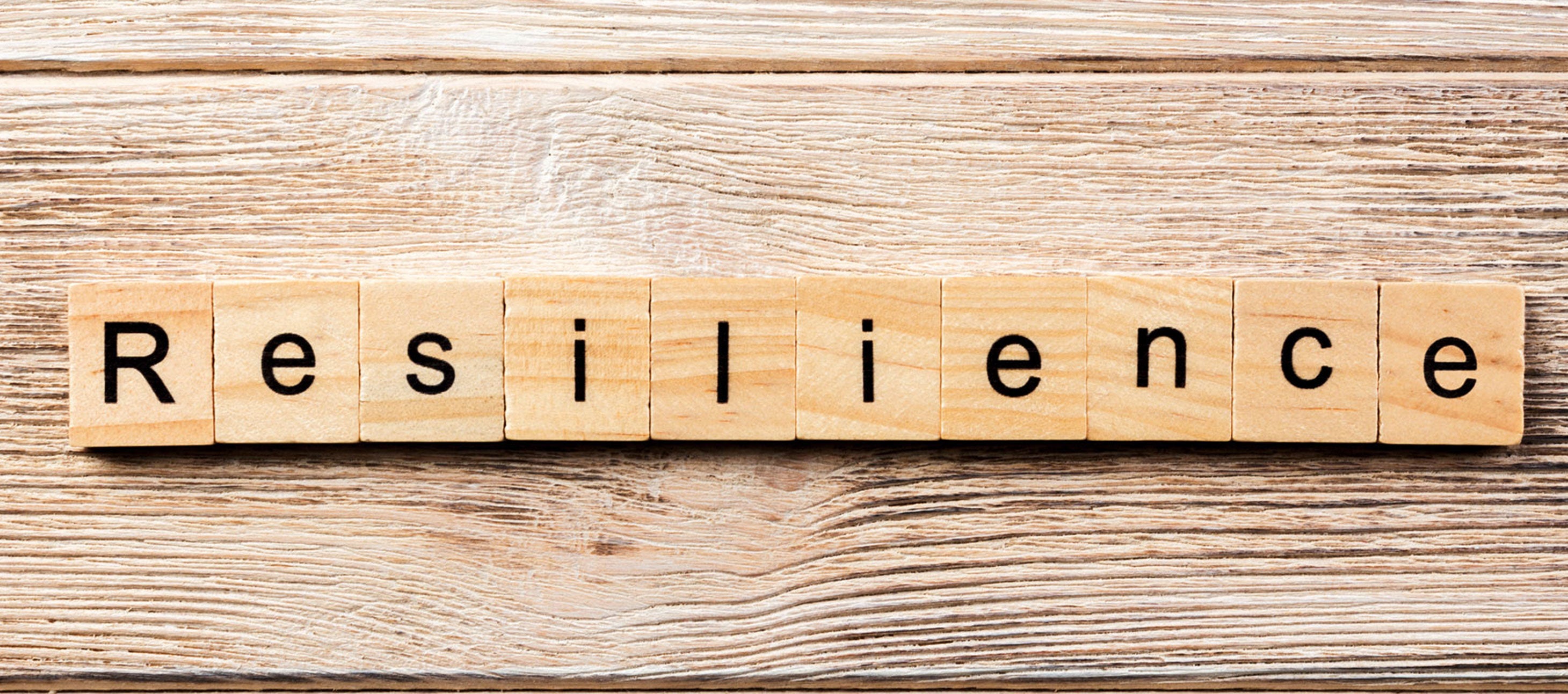I recently read an excellent article by Oren Jay Sofer “say what you mean” which really struck a chord. In all aspects of life, communication is key, whether it’s with clients, colleagues, your partner, your children, friends, your parents or even the bank manager!
Communication is a skill that anyone can learn. As Sofer explains, it comes down to cultivating presence, consciously choosing when to speak, learning how to listen deeply and paying attention to our needs and emotions. When we have the sincere intention to connect, we can practice the steps that lead to truly fulfilling and productive conversations.
In successful communication we create understanding through awareness but how do we create awareness?
Presence
- Knowing what’s happening at the current moment without judging or reacting.
- Being real with yourself; acknowledging and accepting the reality of what’s happening. If you are aware, you have a choice on how to react.
- Consciously choosing when to speak or listen is key to meaningful conversation.
- Recognising any of your own unhelpful conflict styles* and don’t play the blame game. Blaming is what happens when we react without thinking – it only ends up making the conflict worse.
*Conflict avoidance – evade conflict at all costs
Competitive Confrontation – forcefully pushing what we want
Passivity – the opposite of confrontation – we give up
Passive aggression – indirect forms of confrontation
Intention
This is the most powerful element of conversation. If we start with the right kind of intention instead of getting caught up in our habitual patterns of blame, we can create genuine connections with others.
Our minds judge everything that happens are good or bad, resisting unpleasant experiences and trying to make the nicer ones last longer.
Of course, many things are outside of our control, such as another person’s behaviour and it can become draining and exhausting trying to control our experience in this way. Instead of judging and controlling we can simply aim to understand.
Curiosity
Shift from immediately jumping to conclusions to simply wanting to know more – “what matters to me or the other person in this situation?” “what can I learn from this?”
Everybody responds better to curiosity that accusations.
Care
Demonstrate goodwill and a willingness to pay attention. Care starts with assuming that the other person has something valuable to contribute – make a commitment to respect that.
Listening
Listening is how we maintain connection in a conversation. When someone tells us we’re not listening it usually means that they don’t feel heard or understood. Often, it’s a call for empathy.
Reflection is a great tool to check in and confirm that what you’re hearing is what the other person intended to say. Either ask a question or restate what they’ve said in your own words.
Empathy
Being empathetic is where you try to reflect the emotions behind what someone is saying. Recognising needs is at the heart of successful communication. Our needs are the basic values that drive all our actions – they’re what matters most to us and the reason why we want what we want. The better we are at understanding our own needs, the more open we are to hearing others.
We get into conflict because of how we express the needs we’re trying to meet. The key to avoiding conflict is to recognise the need behind the strategy.
The aim is to work together toward a mutually-fulfilling solution
Emotions
Emotions are signals that alert us to our needs. They are there for a reason and are how our body and mind send us messages about our needs. When our needs are met we feel good, when they’re not, unpleasant emotions take over.
Unacknowledged emotions can be harmful and impair our communications with others – they’ll still show up in our body language, our tone of voice and the expression on our faces.
The skill of managing your emotions in a thoughtful way comes down to emotional agility:
- Naming what you’re feeling
- Finding ways to experience that feeling in a balanced way
- Expressing it openly
- Without judgement or blame
The more aware of your emotions you become, the more conscious you can be about how you choose to participate in conversations.
Blame
It is very easy to fall into a cycle of blame. Instead of thriving on judgements and interpretations START WITH THE FACTS:
Observe - a neutral, concrete description of the situation that’s separate from your judgement of it. It can be hard to separate observations from our subjective interpretations – a quick test “if this situation was being filmed, what would the camera capture?”
Think about whether what you’re about to say is likely to cause defensiveness. How can you say what you have to say in the most neutral way possible?
When you start turning your judgements into observations you’ll see that there is always more than one possible interpretation in any given situation. Be more open to really hearing what others have to say.
Clarity
- Be positive – say what you want not what you don’t
- Be specific – ask for something concrete and doable
- Be flexible – make it more of a suggestion, open to other possibilities rather than an ultimatum
A good conversation flows with a natural rhythm of give and take when you are attentive to its part. Frame your conversation – this is how you set things up and ensure you track along the way – stay aware of the process, the content and how things are going.
It takes practice and dedication but by putting in the effort and consciously communicating our own mindset will benefit, relationships will develop more positively, issues will more easily be resolved and our overall quality of life will definitely improve.


